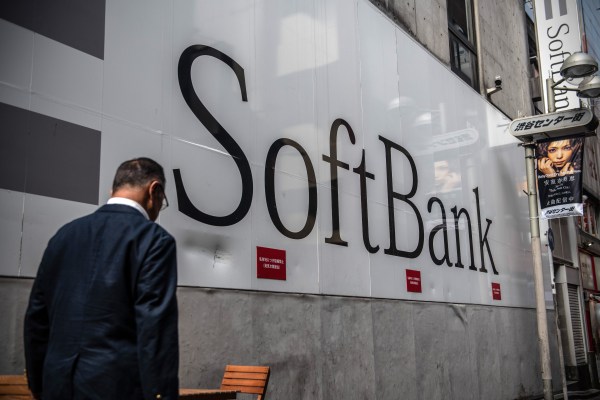Arm, the U.K.-based chipmaker owned by Japan’s SoftBank since 2016, has filed for a Nasdaq listing five months after announcing it had filed confidential, preliminary IPO paperwork with U.S. regulators.
The outfit didn’t provide a projected share price in its F-1 paperwork, but SoftBank recently bought the 24.99% stake in Arm that it didn’t own outright from its Vision Fund unit, reportedly at a valuation of more than $64 billion. That’s twice the $32 billion SoftBank paid for Arm seven years ago. (The Vision Fund has outside limited partners, including the sovereign wealth funds of Saudi Arabia and Abu Dhabi; SoftBank sold that stake in Arm to the Vision Fund in 2017 for $8 billion.)
SoftBank has paid a steep price for marking up its own deals in the past. Most famously, SoftBank plowed $4.4 billion into the co-working company WeWork in the summer of 2017 when it was still privately held, at a reported valuation of $20 billion. SoftBank invested in WeWork again in early 2019 at a $47 billion valuation. At the time, SoftBank had invested roughly $10.5 billion into WeWork both directly and via its Vision Fund arm. It went on to invest even more in the company and to lose nearly its entire investment.
Arm has long developed and licensed what it describes as high-performance, low-cost, and energy-efficient central processing unit (CPU) products and related technology, on which many of the world’s leading semiconductor companies and OEMs rely to develop their products. Among customers of the roughly 6,000-person company are Apple, Alphabet, Advanced Micro Devices, Qualcomm, and Mercedes-Benz.
Analysts expect Arm’s IPO to be the biggest of 2023, though not everyone agrees that the company is worth what SoftBank thinks it’s worth. Late last month, Bernstein analysts assessed Arm’s fair-market value to be about $40 billion based on its preliminary analysis of the limited financial information that was available at the time.
It isn’t clear as of this writing whether Bernstein will revise that estimate based on the financial formation provided in Arm’s F-1, including reported net income of $524 million on $2.68 billion in revenue in its fiscal 2023, which ended in March, which is almost exactly what it generated in 2022 sales ($2.7 billion).
What is known: Arm agreed to sell itself in 2020 for $40 billion in cash and stock to the dominant maker of chips for AI, Nvidia — a deal that could have proved highly lucrative for SoftBank given the run-up in Nvidia’s stock this year. But the deal was called off in February 2022, owing to “significant regulatory challenges preventing the consummation of the transaction.”
Plans for an IPO began coming together immediately afterward.
Founded in 1990, Arm began as a joint venture between Acorn Computers, Apple, and VLSI Technology and was publicly listed on both the London Stock Exchange and the Nasdaq from 1998 until SoftBank took the company private.
In its F-1, Arm lists 22 concerns as “risk factors,” including that customers “may decide to license our architecture and develop their own processors based on our architecture, rather than utilize our processor products pursuant to an implementation license.”
Partly to head off that risk, Arm has more recently begun building its own advanced semiconductors as first reported in April by the Financial Times.
